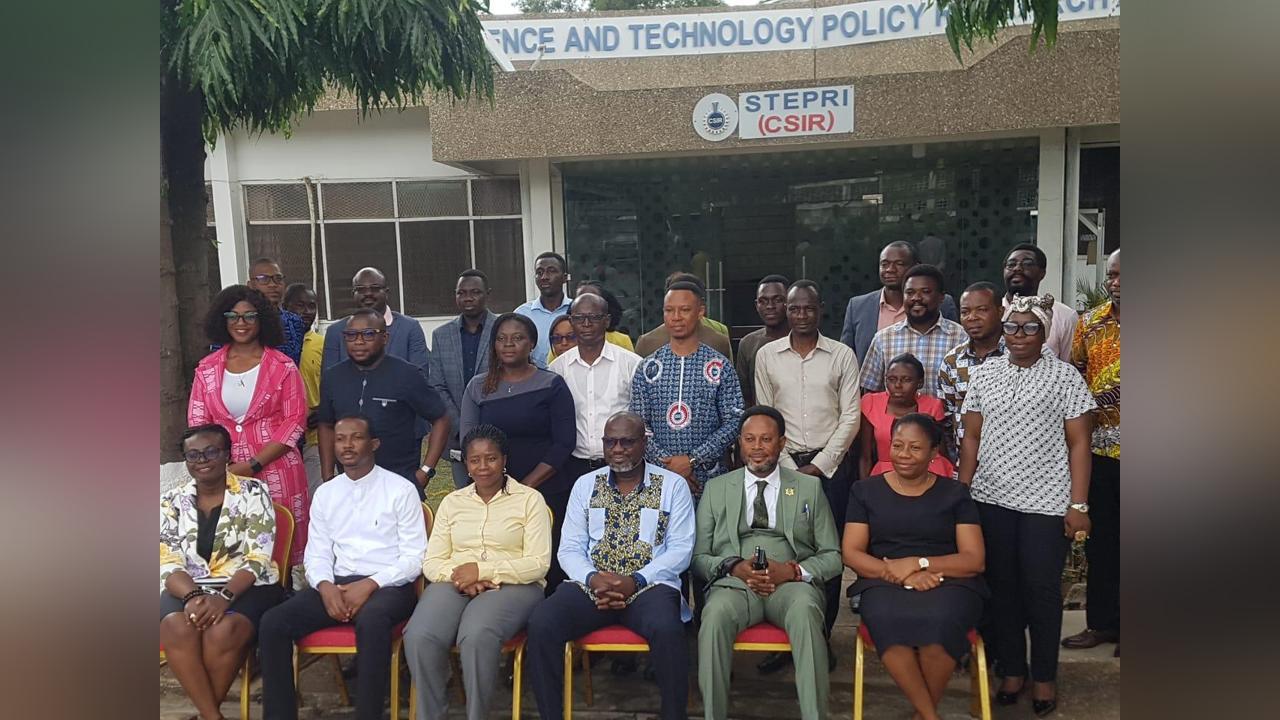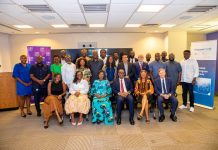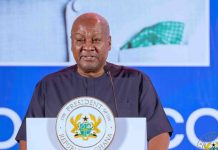Africa-Press – Ghana. Dr. Justina Onumah, Senior Research Scientist, Council for Scientific and Industrial Research (CSIR), says the Presidential Business Support(PBS) Programme, which seeks to support entrepreneurs, must focus more on capacity building than providing financial support.
She said the grants extended to entrepreneurs were not sufficient to scale up their enterprises; however, the capacity building under the programme enabled businesses to record strong financial performances.
The researcher spoke at the dissemination workshop of a project titled, “Distributional Impacts of Innovation and SME Support in Ghana (DIISS-G)” implemented by the CSIR-Science and Technology Policy Research Institute (CSIR-STEPRI).
The workshop validated the findings conducted by the CSIR-STEPRI on the beneficiaries of the President Support Programme under the NEIP.
Dr. Onumah noted that the capacity building under the PBS was a good path to making a significant financial impact on the businesses owned by the beneficiaries.
“They generally apply to participate in the programme because of the financial support extended to entrepreneurs. The financial support provided to the businesses was insufficient to improve their businesses. Somebody even said he took the money and used it to further his studies because the money was not enough for business purposes.”
“So we encourage the government that handouts or monies given to the businesses must be discouraged. The government must rather focus on the capacity-building aspect of the programme, which based on our findings had a significant impact on the SMEs. The capacity building is good, but the training with additional financial support is better for a significant impact, “she said.
The researcher, however, revealed that despite the strong financial performances recorded by the beneficiaries under the PBS, it could not meet Equity, Diversity, and Inclusion(EDI) benchmarks.
She said more males benefitted from the support, noting that 61 per cent of males benefitted from the support in contrast to 38 per cent of females, underscoring the lack of gender inclusion.
Dr. Onumah revealed that the PBS programme disproportionately selected entrepreneurs with higher education than their less educationed counterparts.
This situation, she explained, was due to the complexity of the application process required to register for the programme.
She urged the NEIP to increase the participation and selection of female-led enterprises.
Dr. Onumah also urged the NEIP to sensitise and establish help desks at various hubs to increase the participation of entrepreneurs with lower levels of education who might find the application process unfriendly.
For More News And Analysis About Ghana Follow Africa-Press







